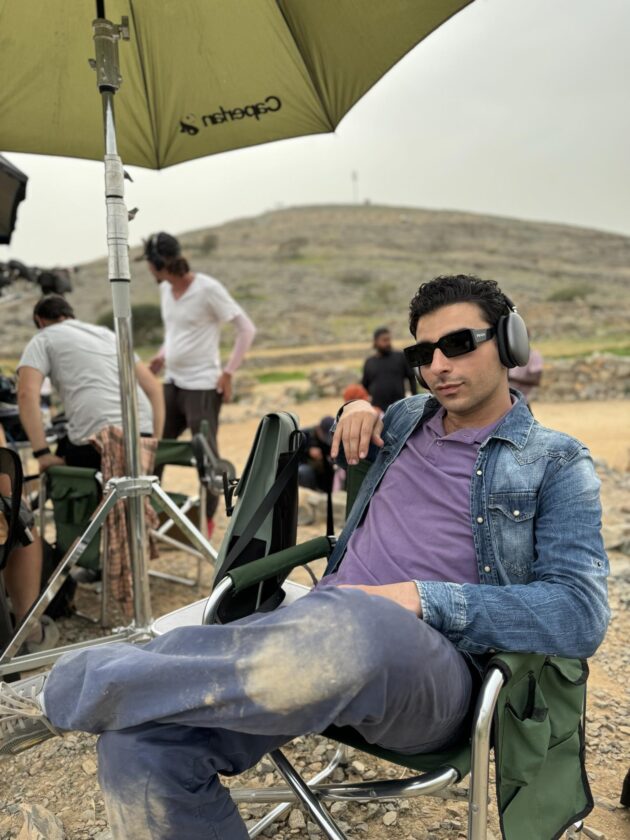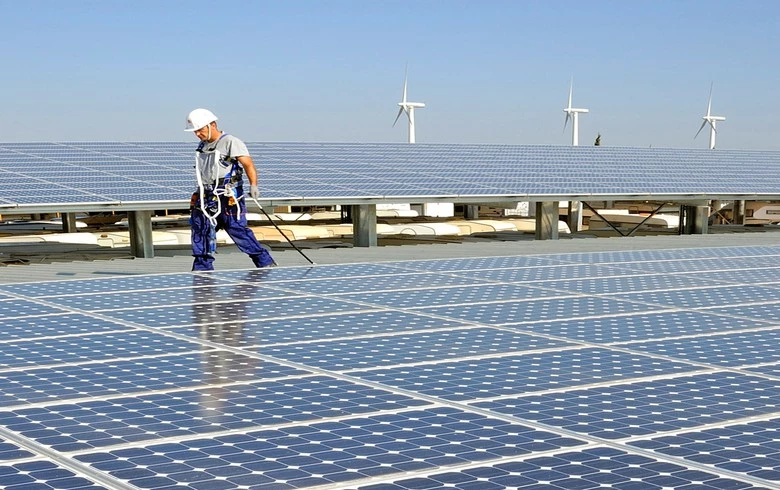Eight years after the Arab spring most Arab regimes treat these words as policy. Tunisia is different. On December 14th its Truth and Dignity Commission (IVD) held its final public meeting. Modelled on South Africa’s post-apartheid Truth and Reconciliation Commission, the ivd’s mandate goes back to 1955, a year before Tunisia gained independence from France. Most of its work has focused on the dictatorship of Zine el-Abidine Ben Ali, who ruled the country from 1987 until 2011. By the end of 2018 it will hand the government its final report, a compendium of the ancien régime’s crimes based on interviews with nearly 50,000 witnesses, about one Tunisian in 230, The Economist said in its article of December 18th, 2018.
Many brought tales of torture in dark dungeons, family members who disappeared and corruption by policemen and civil servants. Few had evidence of crimes that occurred decades ago. “The victims have the right to forget,” says Sihem Bensedrine, the head of the commission. “The obligation is on us to establish the truth.” The government made that task difficult. Both the interior ministry and military courts refused to give the IVD access to their files. Earnest critics accused Ms Bensedrine of mismanagement; mendacious ones called her corrupt, The Economist reported.
It also added that about 20 cases have already gone to trial in special courts. Faysal Baraket’s family never believed that he died in a car crash in 1991. They thought the university student was tortured to death by police for joining a then-banned Islamist group. A judge eventually ordered his body to be exhumed in 2013, and 21 officers are now on trial for his murder. Another 16 defendants have been charged with crushing a riot in 2008 by miners in Gafsa, an impoverished city in the west.
For all its flaws, though, the IVD was unprecedented in the Arab world. Millions of Tunisians were transfixed by its televised sessions, where victims gave stark testimony to a live audience. Activists in other Arab countries tuned in as well for a glimpse of what their own leaders deny them. There was a certain symmetry to the commission’s final session, held almost eight years to the day after Muhammad Bouazizi, a poor fruit vendor, set himself ablaze after being robbed by police, igniting the Arab spring.
Two groups of protesters gathered outside. One held portraits of the victims. The other waved signs denouncing “the justice of revenge”. Police simply stood between them. No one was beaten with truncheons or whisked away to oubliettes, The Economist noted.
TunisianMonitorOnline




